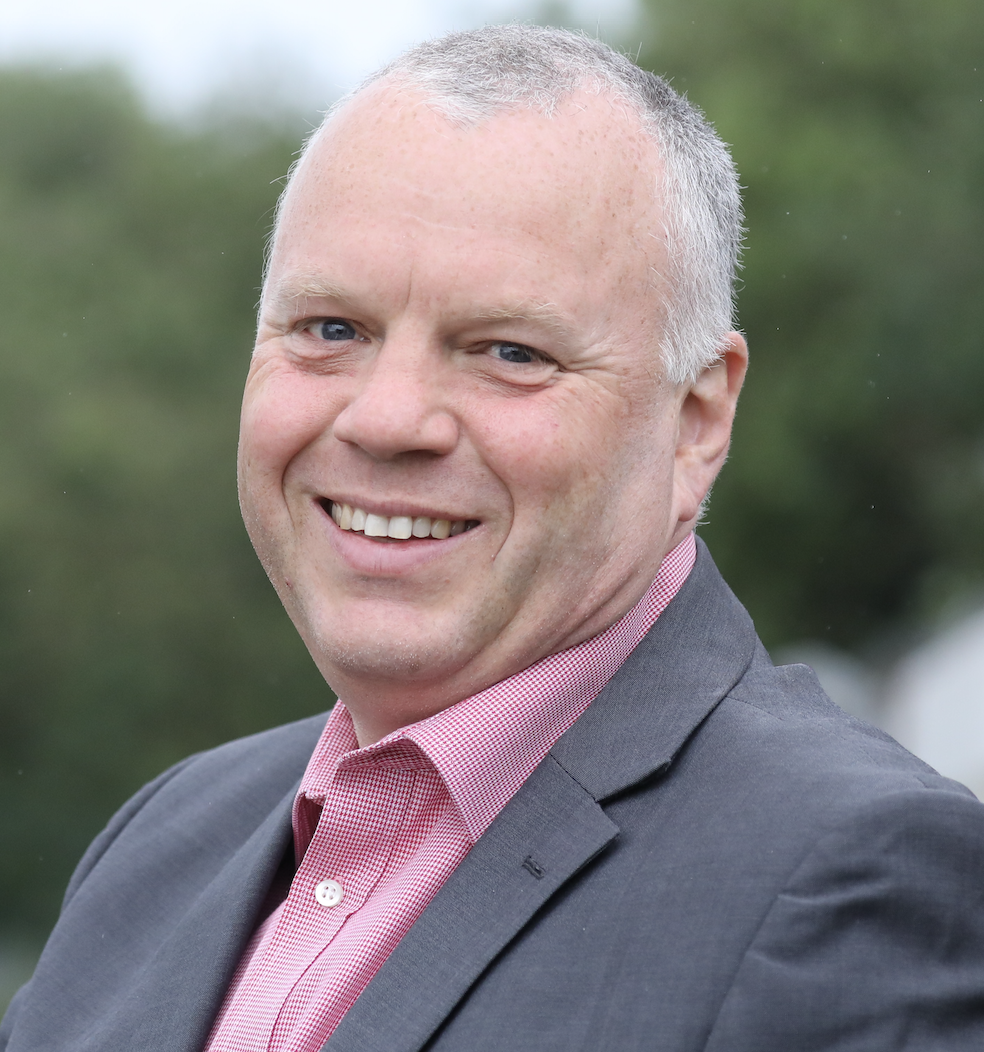Six Quick Things on Primary Teaching
Associate Mark Creasy gives his six speedy suggestions for saving time and energy in the primary classroom
Over my career – and drawing on the Independent Thinking motto that ‘There is always another way’ – I have tried and tested a great many of ways that primary teachers can save time, energy and money whilst improving outcomes in their classrooms.
What's more, they even enjoy teaching more as a result too.
There are loads of ideas in my most recent book, Independent Thinking on Primary Teaching but, as a starter, check out the following Six Quick Things:
One: Utilise ‘carry over work’ for after break/lunch/assemblies
Reduce the fuss of getting ready for, or returning from, break by leaving work out.
This also allows you to check the children’s understanding – can they actually return to the task without input from you?
The added benefit of this is that should you need to ‘have a word’ with anyone (as we all do from time to time) you don’t have to find a filler to occupy those trying to listen in to your conversation!
Two: Change the learner, not their work
Read your class’s work together and identify some common errors.
This allows you to create a model piece that the children correct – which you can always differentiate by having a variety of errors covered in different pieces for different groups of children.
An added benefit is you are also training your class to be more judicious in their own proofreading and editing.
After all, children prefer to play ‘spot the mistake’, rather than own up to their own.
And then, taking it to a whole new level, why not save more time and effort by using AI tool to create the written piece for you?
Three: Become a 'morning drop off spy!'
A great way to ensure as smooth a start as possible is to observe how the children come into school.
This allows you to spot the dawdlers and the racers, the ones being ignored (often with a parent engrossed on or in their phone) or the ones being henpecked. You can identify the quiet ones and the energetic ones, the ones who have every bag carried for them and the ones who are caring for siblings.
In this way, without leaving the school yard (or your classroom window) you immediately get a range of qualitative data that will guide your approach for the day.
Four: Plan with your year group team. But also without.
Time together with your year group partner or team is imperative.
However, all too often, the delegation of work comes down to:
‘Your better at Maths, so you do that and I’ll do English.’
Or vice versa.
This is not the time-saving panacea it is often perceived to be.
It's an approach that only serves to create a generic plan.
You still have to adapt it for your learners and create your own bespoke scaffolds and models for them.
What's more, the plan is not yours intuitively, so is difficult to be responsive and change it in the moment.
Five: Learn from and build on the work of your EYFS
Looking for top quality, free CPD?
Easy.
Go to your EYFS area.
Spending time there you will find:
- Independent learning
- Self-direction
- Negotiation
- Problem solving
- Discussion
- Curiosity
- Spontaneity
- Fun (more on that in a moment!)
It’s almost as if we forget that it is called a 'Foundation Stage'.
In other words, it's the stage we should be building on.
Take a moment to reflect on your own practice and wonder if your class are ‘unlearning’ important skills from their earlier years in school.
Six: The 'F-word' and the brain
There is so much about neuroscience teachers should be aware of (The Little Book of Big Stuff About the Brain by my amazing Independent Thinking colleague Dr Andrew Curran is as good a place to look as any).
One brain fact we should all know is the impact of positive experiences.
Pleasure and reward neurochemicals like dopamine and serotonin are important when it comes to learning.
When released, they activate our memory networks to help us remember those moments of joy ansd achievement.
What's more, serotonin is even released by the anticipation of reward.
So, just by coming into the classroom where good stuff is going to happen means we have practically won the battle for their learning brains.
Building fun learning games into your lessons on a regular basis is way of tapping into the brain's ability to learn almost without effort. And remember, make sure your class has a hand in what games you play.
What's fun for you, may not be fun for them.
And vice versa (Hangman anyone?!).
Read more about Mark and his work here.
 For more ideas to save time and energy in the classroom, check out Mark's book Independent Thinking on Primary Teaching.
For more ideas to save time and energy in the classroom, check out Mark's book Independent Thinking on Primary Teaching.
 And to revolutionise your approach to homework, check out Mark's first book for the Independent Thinking Press, Unhomework.
And to revolutionise your approach to homework, check out Mark's first book for the Independent Thinking Press, Unhomework.
Use the code 'ITL20' at checkout to receive 20% off plus free UK p+p.

Mark Creasey
Enjoy a free no-obligation chat.
Make a booking. Haggle a bit.
Give us a call on +44 (0)1267 211432 or drop us a line at learn@independentthinking.co.uk.
We promise to get back to you reassuringly quickly.

About the author
Mark Creasy
Mark Creasy is a former primary and special school teacher who also has experience in secondary - a rare breed. He is the author of Unhomework and Independent Thinking on Primary Teaching and is always full of ideas to help teachers save time and energy as they really stretch their children.